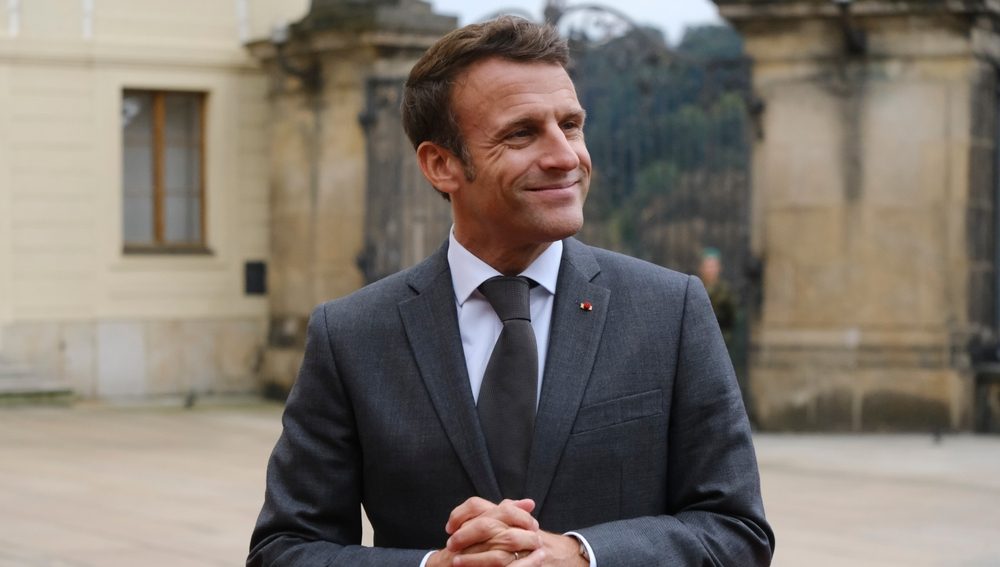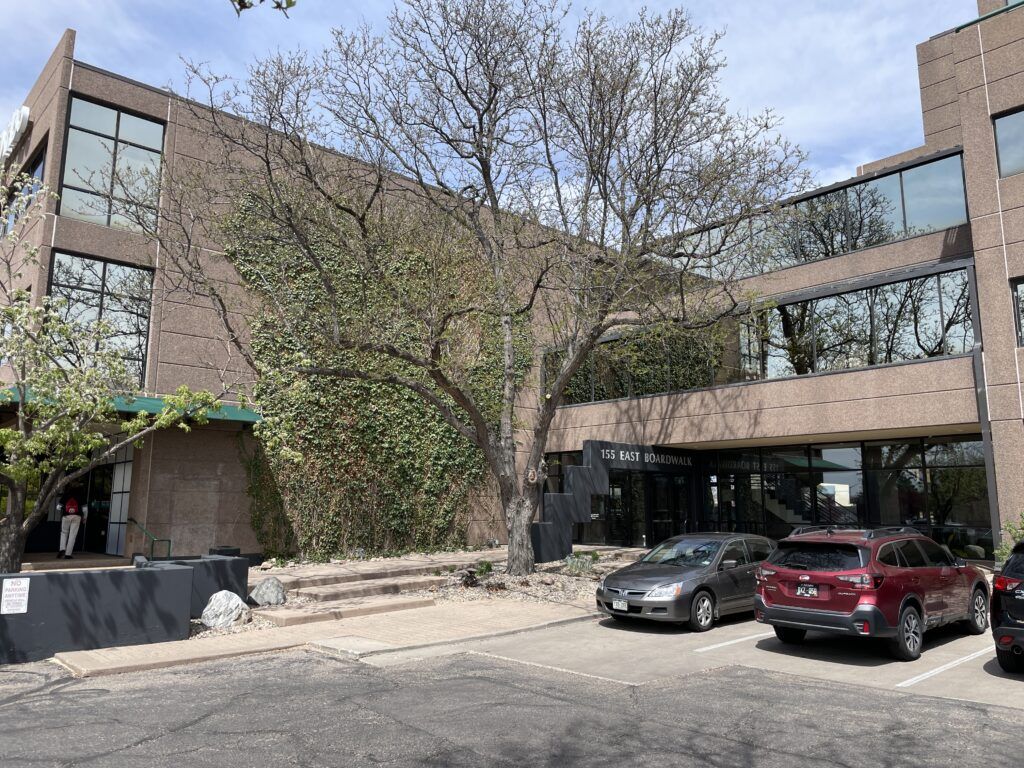9 Phrases That Reveal Boomer Generation's Generational Disconnect

The Hidden Power of Words: What Boomers Say vs. What Younger Generations Hear
Language is a powerful tool that can bridge generations or create unexpected divides. Words aren't just sounds—they're windows into perspective, attitude, and understanding.
For baby boomers, certain phrases might seem harmless or even helpful. But to younger generations, these same words can land like subtle jabs, revealing unintended layers of judgment or disconnect.
What sounds like casual conversation to one generation can feel patronizing or outdated to another. It's a linguistic generation gap that goes far beyond simple communication—it's about respect, empathy, and understanding.
Each word carries weight, each phrase a potential message that extends far beyond its literal meaning. In our rapidly changing world, being mindful of language isn't just about political correctness—it's about genuine connection.








